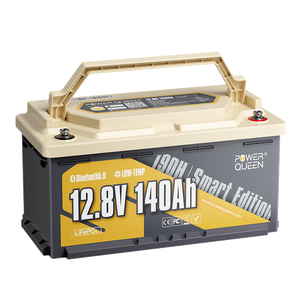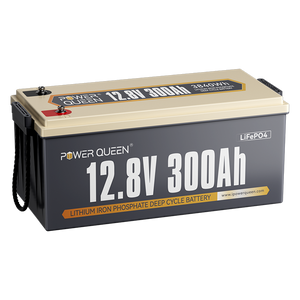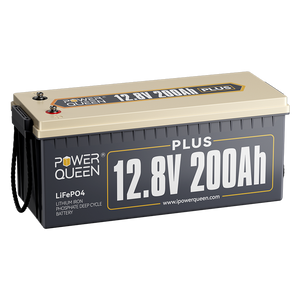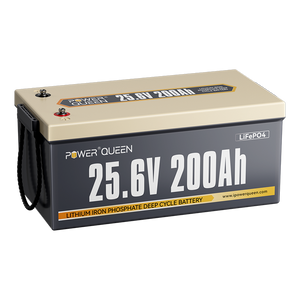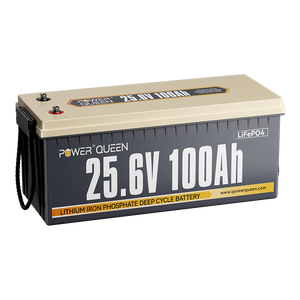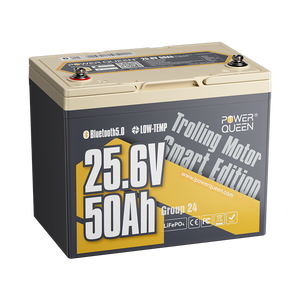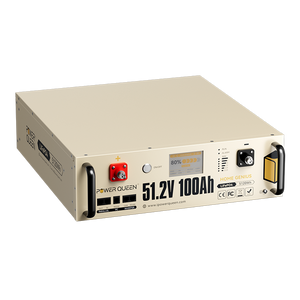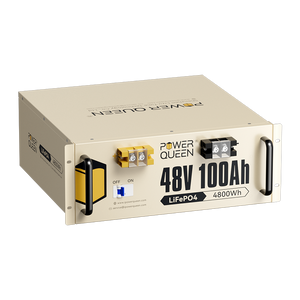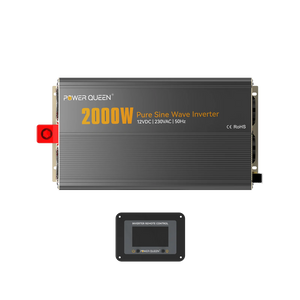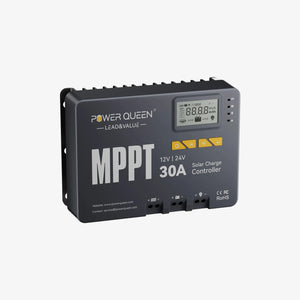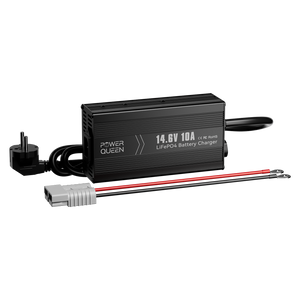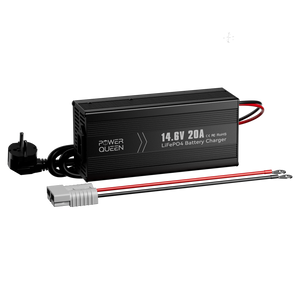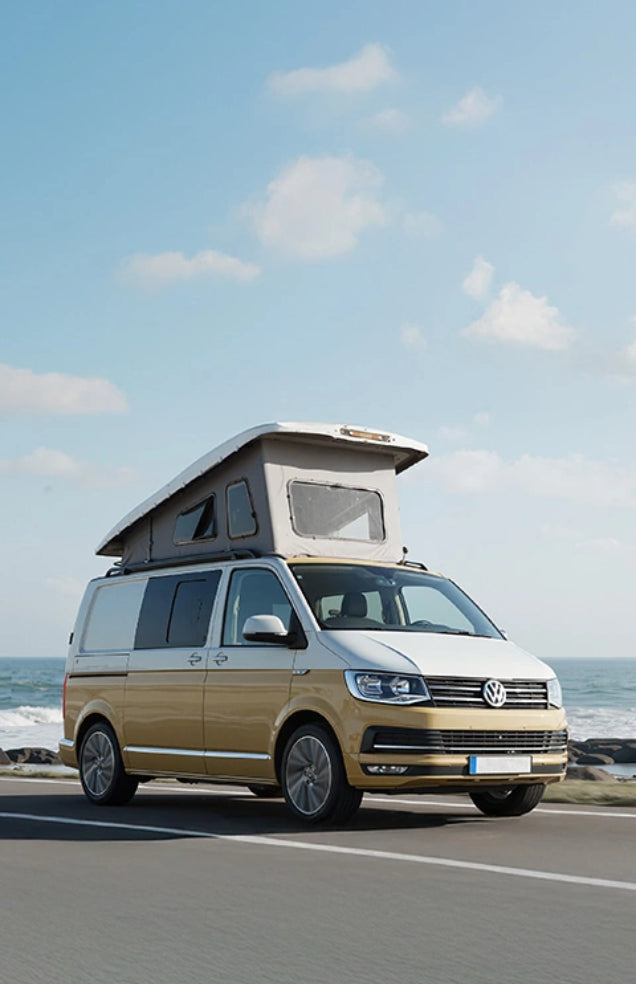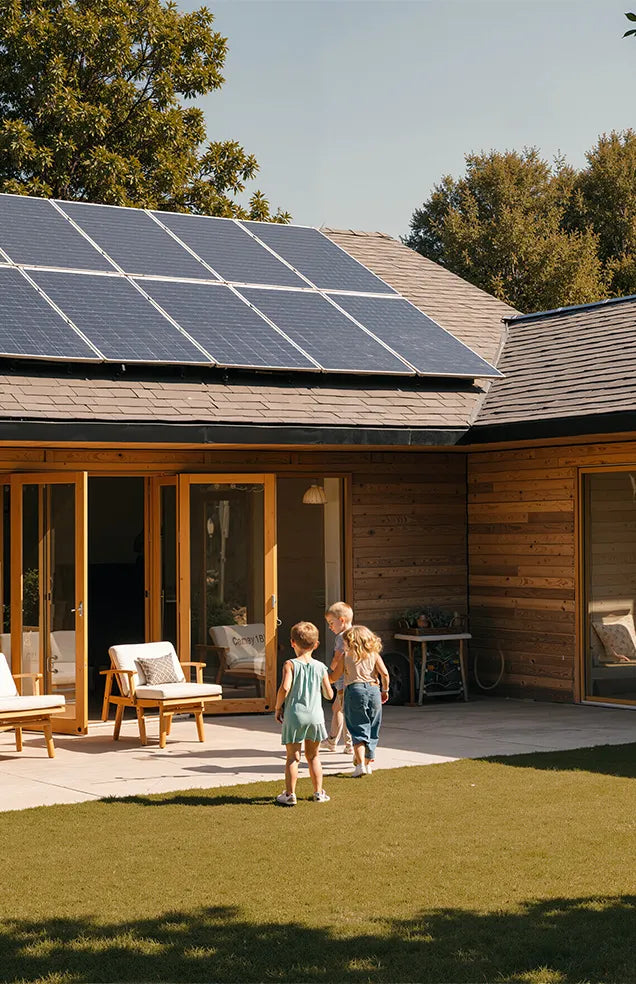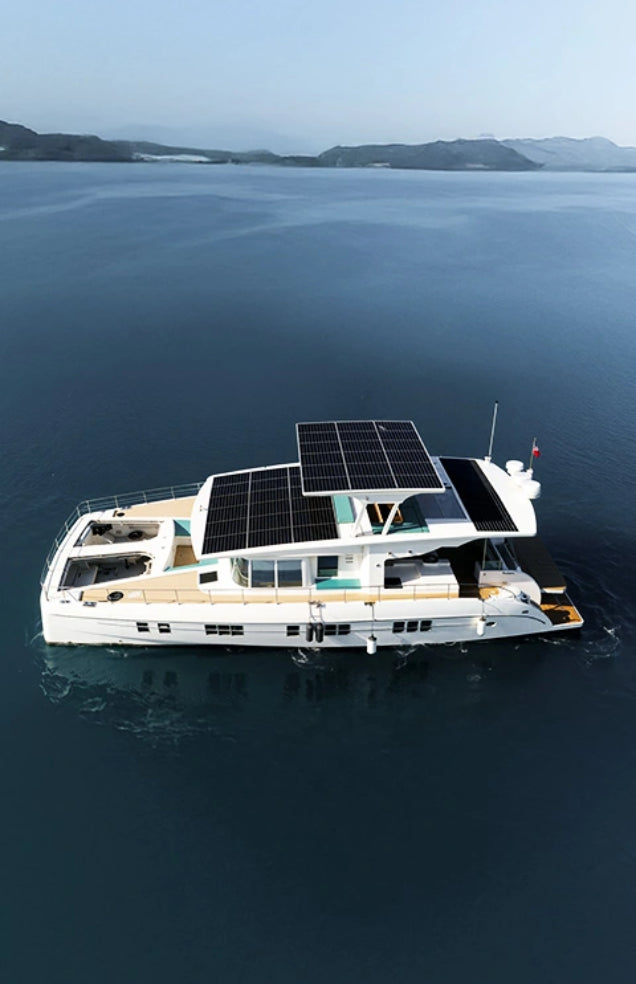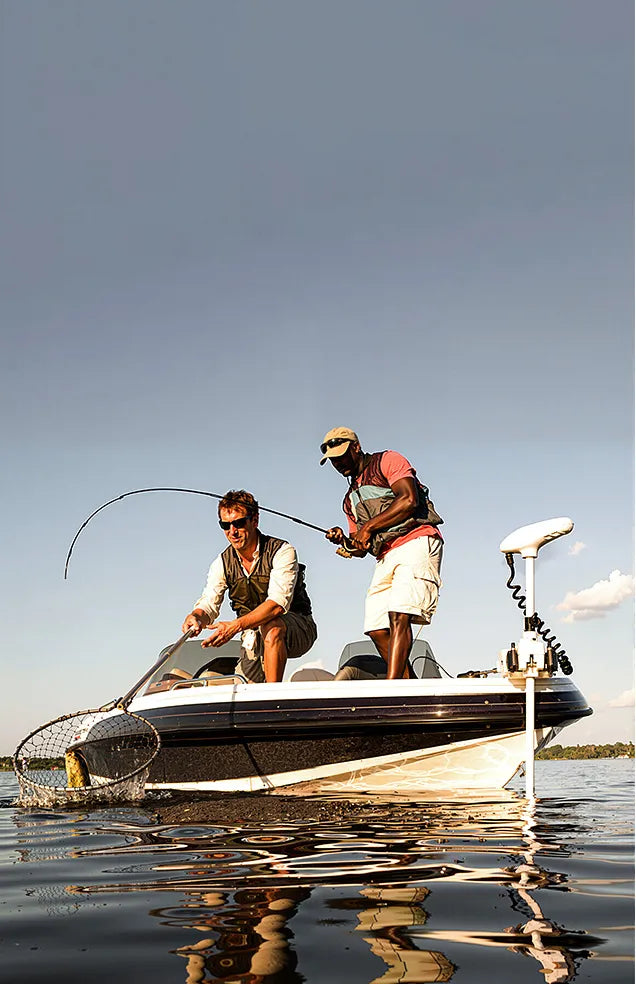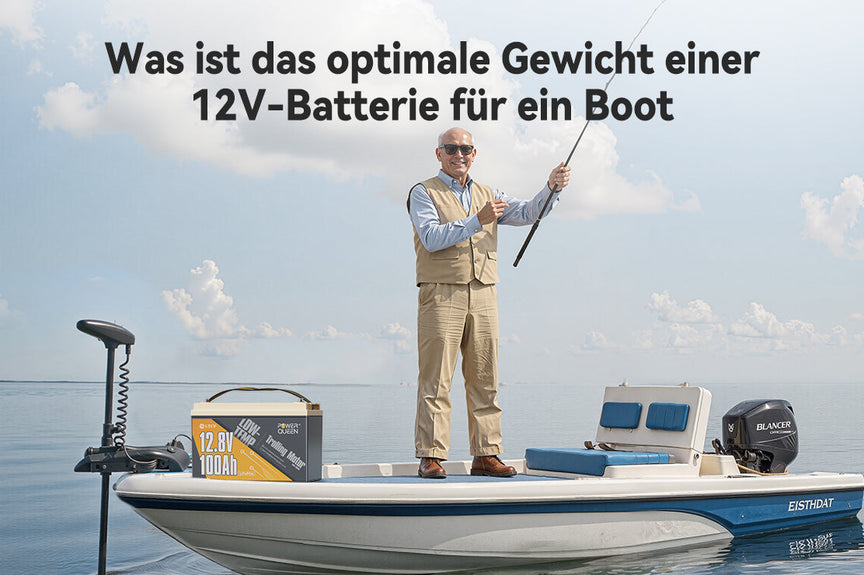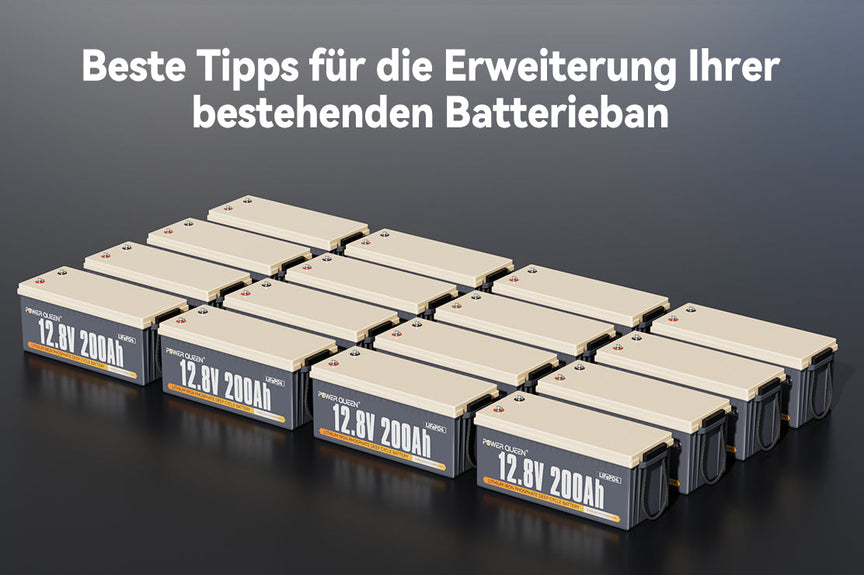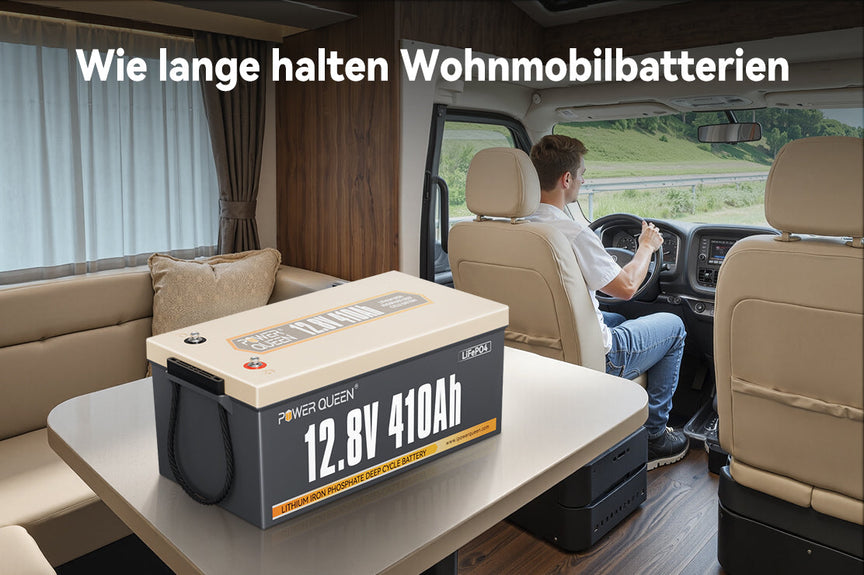Tasks of the solar system (peninsula system)
- Ensure complete self-sufficiency for the two-family house
- E-car charging from April to October
- Domestic hot water heating (300 liters)
- Fully manual control possible without internet (in case of blackout)
Bill of materials (not exhaustive) of the installed devices:
- 11 x charge controller EPever 10420 AN
- 11 x MT 50 Display
- 4 x Powerqueen LiFePo4 12.8V 410Ah (21kwh)
- 4 x Powerqueen LiFePo4 12.8V 240 Ah (12kwh)
- 10x Sunpower 12V lead gel battery 270Ah (32.4kwh > 16kWh usable)
- 5x Einhell Battery Charger CE-BC 30
- 5x LiFePo4 chargers Powerqueen (40A)
- 1x Briggs &am; Station P4500 emergency power generator (4.5 /3.7KW continuous power)
- 23x 415W Trina Vertex solar modules (13kwp)
- 3 module arrays (1x south-facing, 1x southeast-facing, 1x southwest-facing) for maximum yield
- 3x Giandel 4kW/12V/220V inverters


Battery bank setup:
12V in parallel circuit
Advantages: Individual monitoring of each battery is possible; the required technology is very inexpensive.

Function of the battery banks:
The 12V lead-acid gel battery bank supplies power to the house, drinking water storage tank, and is used as needed.
(Bad weather, high energy demand) additionally supplied by LiFePo4 battery banks
Why? &The lead-acid gel battery bank is designed for high peak current.
LiFePo4 battery banks can be connected directly (manually) via sufficiently dimensioned cables.
(Attention! Only possible if lead-acid gel battery at 80% charge level (LiFePo4 resting voltage 13.3) &(gt; Lead-gel 12.7V)
Home supply:
3 circuits in 3-phase operation via mains power, each with 3 emergency switches for solar operation (solar operation only via mains power). &Attention &restrictions at z.B. E.g., use of the stove)
Danger: The system is not designed as a zero-feed-in or feed-in system! The supply grid must always be switched off or over to a zero position!
Charging an electric car:
A separate inverter and a 21kWh battery are used for the electric car (surplus energy).
Drinking water storage:
The same system is used for the drinking water storage tank (optional summer solution) as for the electric car (surplus energy).
Winter operation and possible blackout:
In winter, the system can be fully charged indirectly via the generator and chargers with 3.5kW in 10-12 hours, ensuring the house's power supply without restrictions for at least 24 hours.
Four 60-liter jerrycans of petrol can ensure self-sufficiency for at least two months.
by Frank

